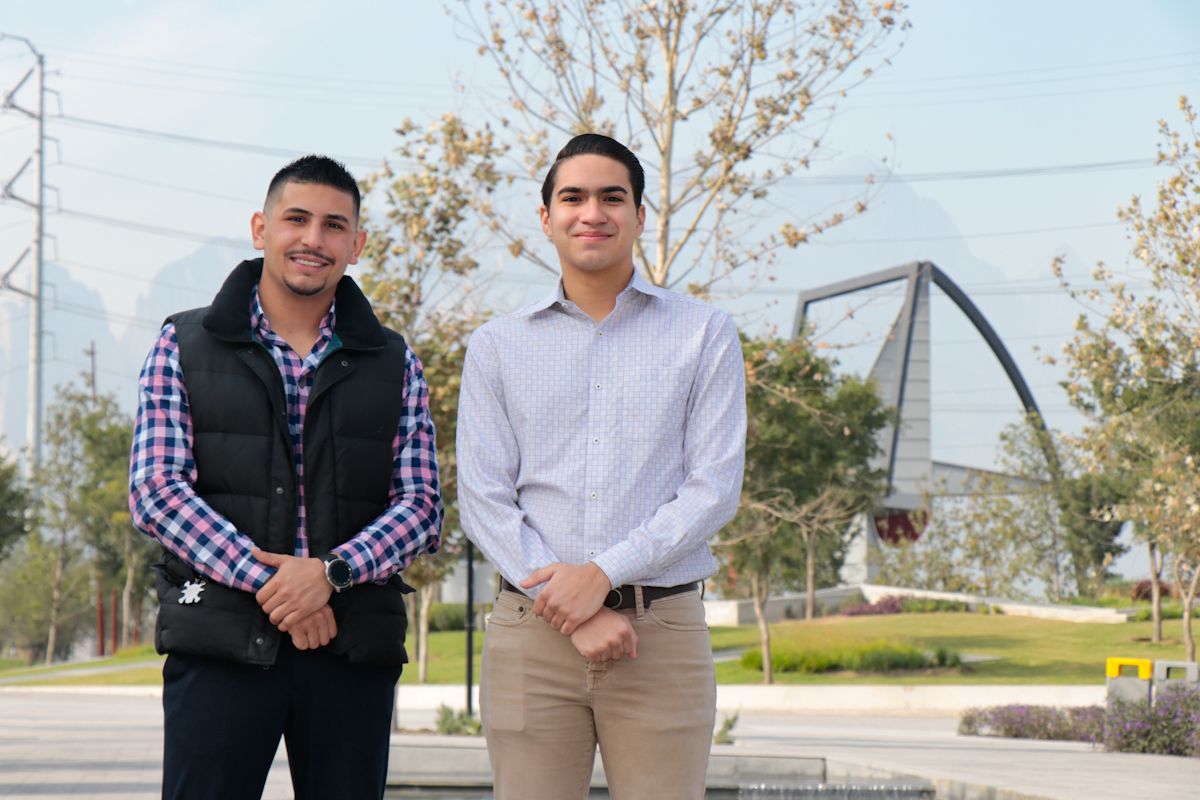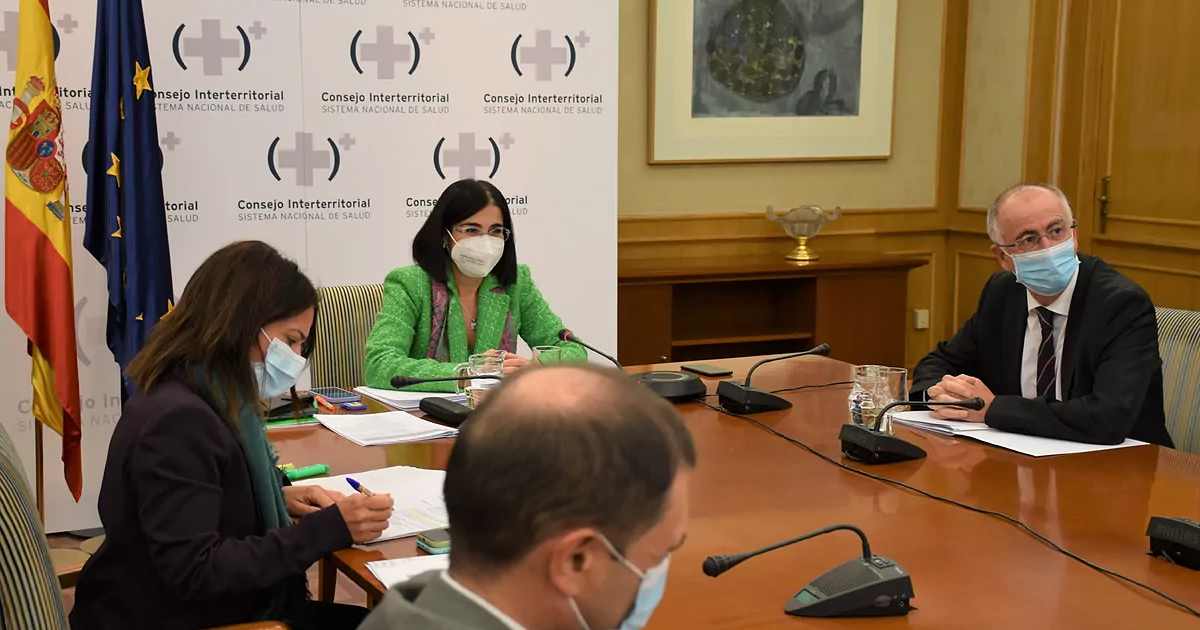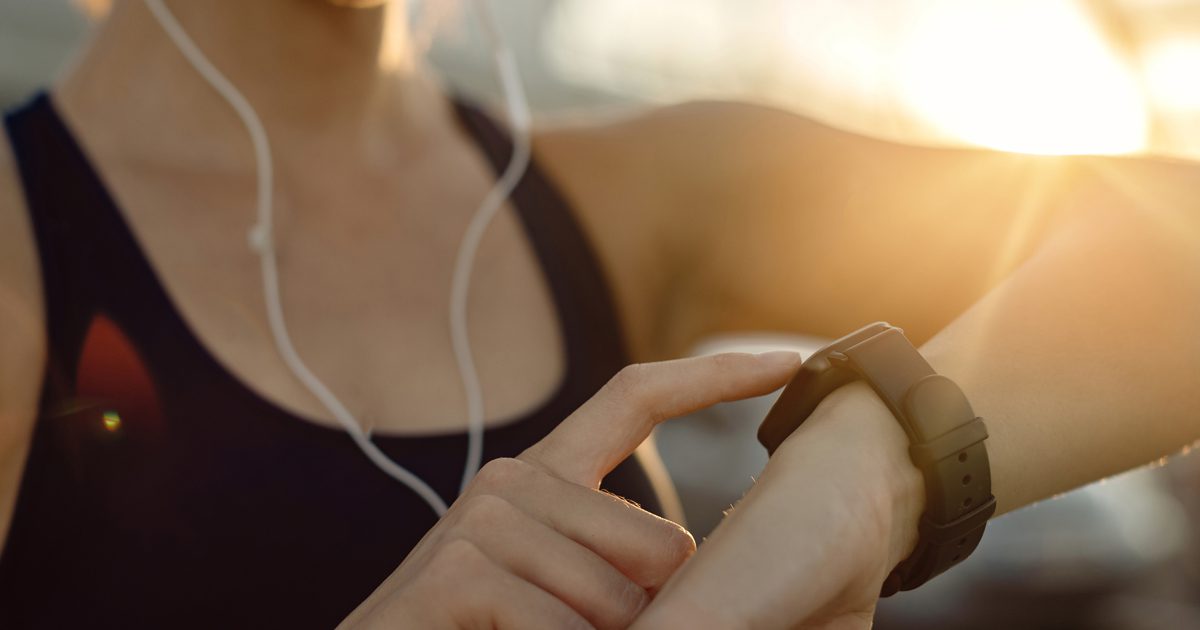Technological development will measure blood pressure through decibel variations in voice frequencies and it will be possible to monitor if the patient suffers from hypertension through a mobile phone app
University of Monterrey (UDEM) students’, Brando Femat of the Medicine, Surgery, and Midwifery program, and Antonio Manuel García of the Bachelor of Business Creation and Innovation; developed Zoivox, an app that measures blood pressure through voice.
Both students have worked on the project since 2016, the following year they developed the initial software to continue the research, according to UDEM the current software has the same degree of reliability as a sphygmomanometer.
Femat explained that the idea came because of the needs they detected in public health centers because of a lack of tools to measure blood pressure. During a presentation at a university event, they explained the severity of developing high blood pressure, a disease that affects one in three adults in the world.

The medical student also explained what the initial steps of the project were like, when they were in their fifth semester: "I liked the idea of people having something simple, something practical, with which they could measure their blood pressure, I joined with Antonio and came up with the idea of creating something that was more practical for people”.
The Femat and García initiative was selected by the UDEM Social Transformation Laboratory and two years later they conducted the first pilot test, also they made a request to the Research Ethics Committee to receive the endorsement of the Federal Commission for the Health Risk Protection (COFEPRIS).
During the pilot test they designed a research protocol and developed a predictive factor equation between low and high blood pressure considering different variables such as weight, age, sex, size and body mass index.
Femat, stated that the margin of error is the same as a traditional sphygmomanometer, but they want to achieve an accuracy of 95%.
This year the students expect to register a logo for the project, launch the first test prototype and patent the diagnostic algorithm. So next year the system will be launched and seeking to create a user base from health systems of the Monterrey metropolitan area, and subsequently in 2022 achieve national presence.
The project aims at a more open market so more patients have access to measure their blood pressure practically and on a regular basis.






